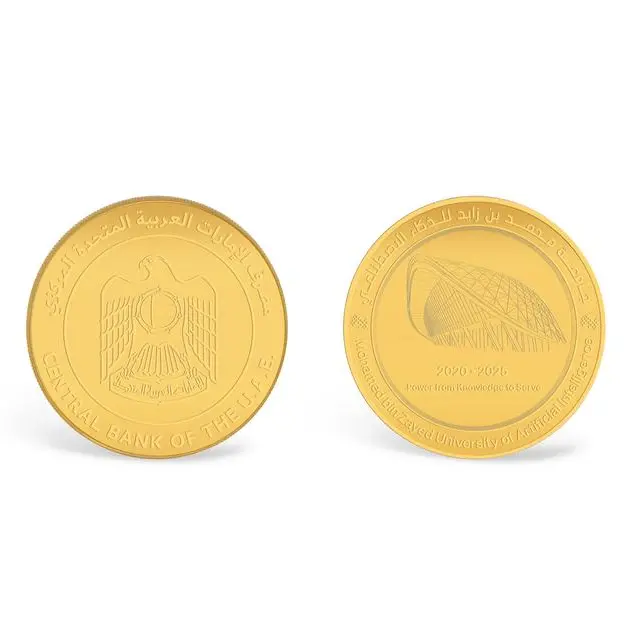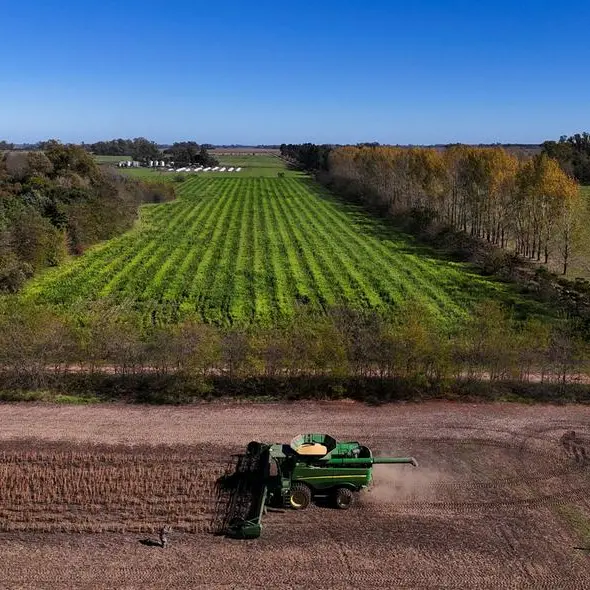DUBAI- Dr. Abdullah Belhaif Al Nuaimi, Minister of Climate Change and Environment, today toured the nearly completed solid waste treatment plant that will produce refuse-derived fuel, RDF, and the Marine Environment Research Centre in the Emirate of Umm Al Qaiwain.
The tour is part of a series of visits that Dr. Al Nuaimi is making to explore the latest developments in the projects carried out by the Ministry of Climate Change and Environment, MoCCAE.
The MOCCAE officials accompanying the minister included Sultan Alwan, Assistant Under-Secretary for the Regions Sector and Acting Assistant Under-Secretary for the Food Diversity Sector; Saif Al Shara, Assistant Under-Secretary for the Sustainable Communities Sector, and Eng Yousif Al Rayssi, Director of the Municipal Affairs Department.
With 50 percent of the cost supported by the Follow-up Committee of the Initiatives of the UAE President, the AED132 million plant will process the solid municipal waste generated in Ajman and Umm Al Qaiwain to produce energy to power cement plants that usually rely on charcoal for their operations.
Dr. Al Nuaimi received a briefing on the plant that will start operations in Q4 2020. Spanning 40 hectares, the state-of-the-art facility will have two parallel operation lines – one to receive non-recyclable waste from waste segregation units, turn it into alternative fuel, and transport this fuel to cement factories, while the second receives recyclable waste from segregation units and conveys it to recycling companies. It is expected to process 1,500 tonnes of municipal solid waste every day to produce 300,000 tonnes of alternative fuel annually.
After touring the waste-to-energy plant, Dr Al Nuaimi visited the Marine Environment Research Centre in Umm Al Qaiwain that comprises labs for nutrients, microbes, seawater quality, fisheries research, biological studies, and plastic particles monitoring.
The minister learnt about the centre’s activities, aimed at evaluating the state of the country’s marine environment. These include surveying water quality, tracking the concentrations of marine nutrients and plastic particles in seawater, identifying climate change-resistant coral species, monitoring the stocks of kingfish, cobia, safi, and sheri in the UAE waters, and inspecting samples in local fish markets.
He was also updated on the centre’s projects, such as establishing and observing artificial habitats and natural rock barriers in collaboration with the private sector, and setting up and running a fish hatchery. Besides, the centre has planted 3,000 mangrove saplings across the country’s coastal areas and 200 coral colonies along the coastline in Kalba, and continues to monitor them.
In conclusion, Dr. Al Nuaimi praised the exceptional efforts of the MOCCAE teams and stressed the importance of regularly updating work processes in line with the latest developments in environmental sustainability and biodiversity conservation.
© Copyright Emirates News Agency (WAM) 2020.




















